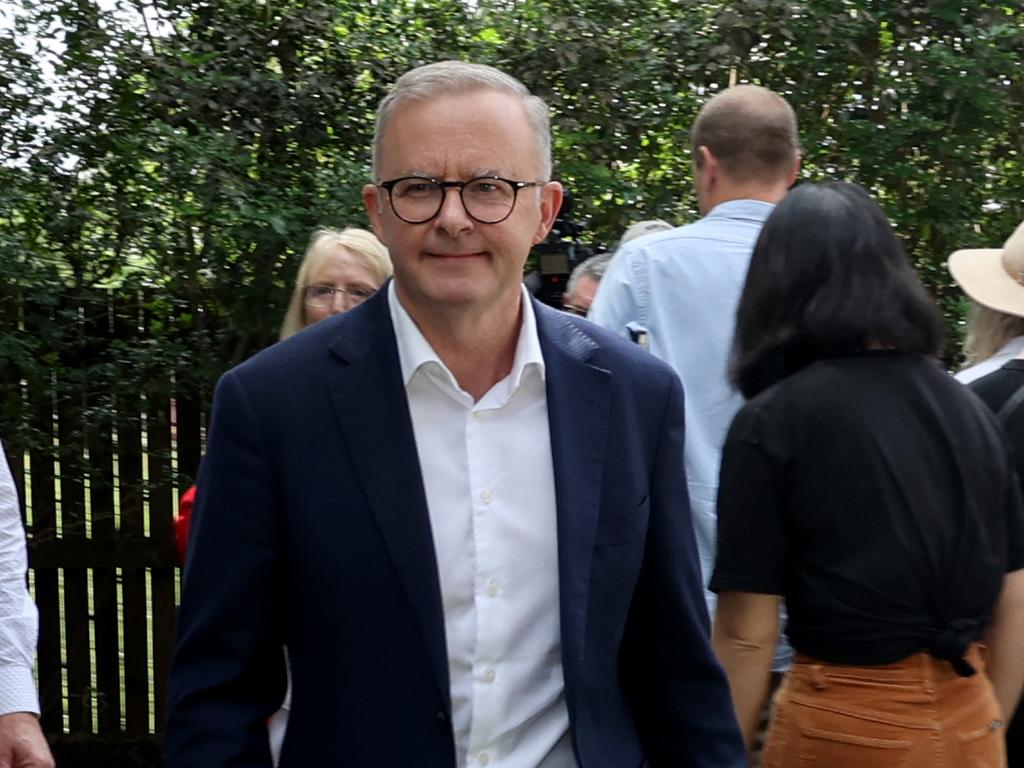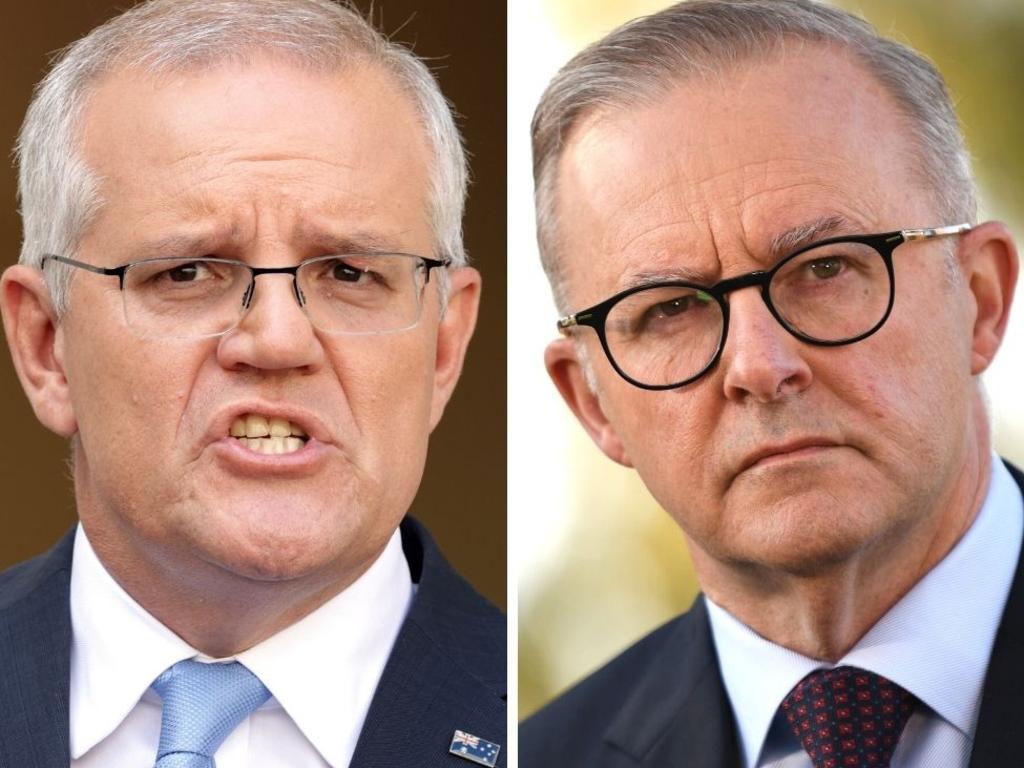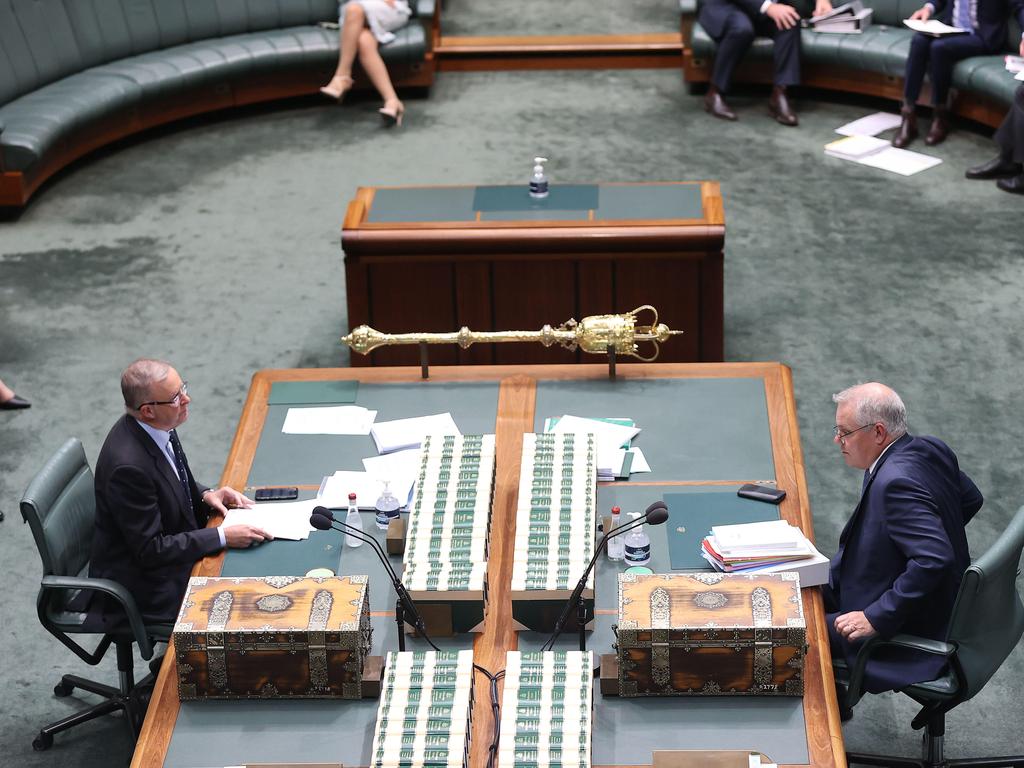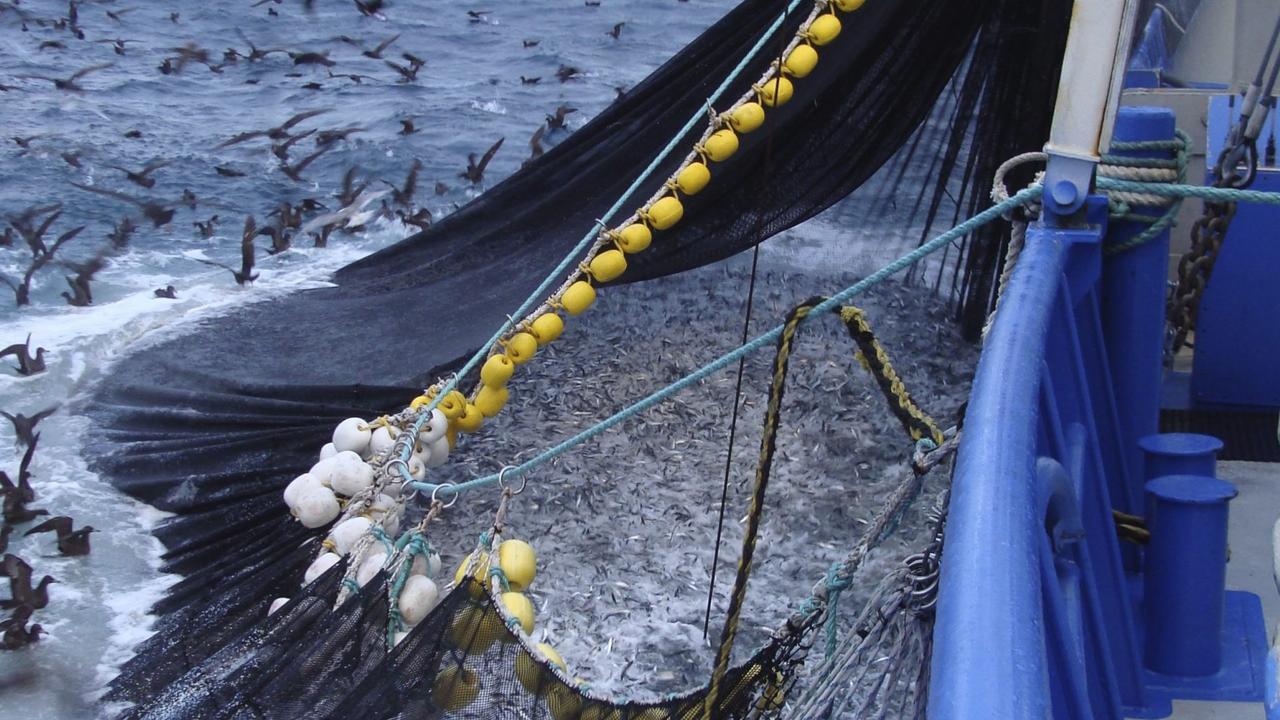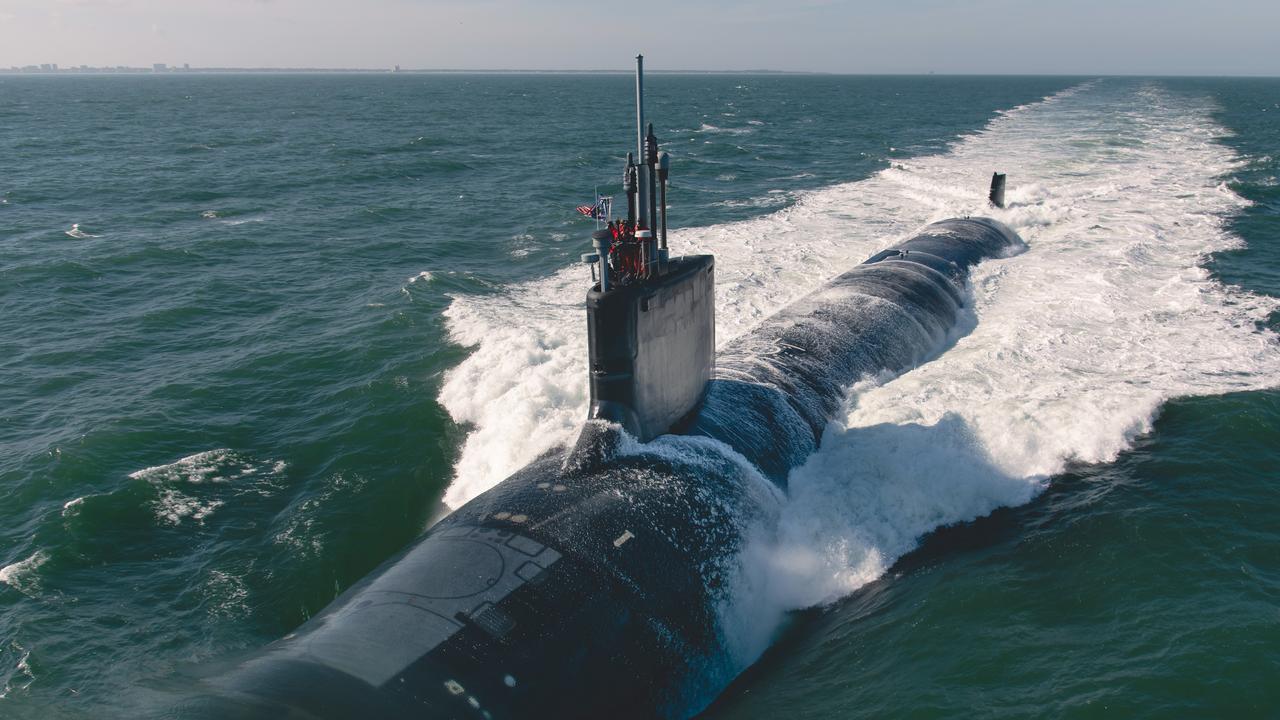Newspoll: Primary pain for Scott Morrison, Anthony Albanese
The Coalition and Labor are struggling to win enough primary support to take power in their own right, leaving them at the mercy of preference flows.
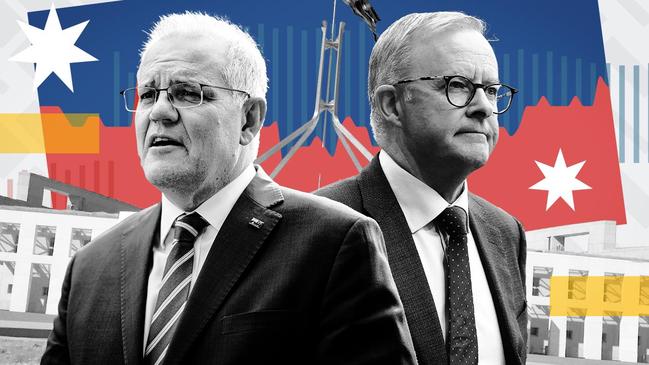
The Coalition and Labor are struggling to win enough primary support to take power in their own right, leaving them at the mercy of preference flows and facing the prospect of having to negotiate with minor parties or independents to form government.
An exclusive Newspoll conducted for The Australian found Labor’s first preference support had fallen to 36 per cent, down one point from the previous poll a week ago, while the Coalition’s primary vote also declined one point to 35 per cent.
After a disastrous first week of campaigning Anthony Albanese slumped to his lowest approval rating since he became Labor leader. Newspoll shows net satisfaction with Mr Albanese’s performance falling to a record low of minus 14 per cent, the worst for an opposition leader since Bill Shorten in May 2019 prior to the last election. Mr Albanese has also fallen further behind Scott Morrison in the head-to-head contest over who would make the better prime minister.
The combined popular support for the Coalition and Labor is now at its lowest level for five years, and the lowest level on record for an election campaign. At the same point in the campaign in 2019, the Coalition’s primary vote was 38 per cent while Labor was on 36 per cent. Scott Morrison ultimately won power with a bare majority of 77 seats in the 151-seat House of Representatives after lifting the Coalition’s primary vote to 41.4 per cent compared with Labor’s 33.3 per cent on election day.
The latest Newspoll shows Labor holds a two party preferred lead of 53-47 based on preference flows at the last election and would be favoured to win a majority based on the latest poll.
But with 29 per cent of voters indicating they would support a minor party or an independent five weeks out from polling day, both the Coalition and Labor face the prospect of being forced to negotiate with an expanded crossbench if minor party and independent support translates into seats in the House of Representatives. The Coalition is facing a spirited challenge in key inner-city Liberal seats from Climate 200 independents backed by businessman Simon Holmes a Court while Clive Palmer’s United Australia Party and Pauline Hanson’s One Nation are running national campaigns.
Australia’s last hung parliament was in 2010 when Julia Gillard negotiated a supply-and-confidence arrangement with the Greens and independents Andrew Wilkie, Rob Oakeshott and Tony Windsor, despite Labor winning one seat fewer than the Coalition.
Mr Albanese on Monday claimed underdog status in the campaign and said it would be difficult for Labor to win the election.
“I’ve consistently said that it’s a mountain that Labor seeks to climb because we’ve only done it three times since the Second World War … But we also know our obligation to get there, to climb that mountain,” he said in Brisbane. “Because if we’re going to defend Medicare, if we’re going to defend secure work, if we’re going to take action on climate change, if we’re going to look after people in disasters, we need a Labor government.”
The Prime Minister said on Monday he was not focused on polls and pivoted to his handling of the economy.
“I said right at the start of the campaign, and I’ll keep saying it: this election is about the future of our economy – the economy you all live in,” Mr Morrison said.
“It’s important that that economy is well managed, and what we have demonstrated as a government, is the ability to manage that economy and to manage the finances with a AAA credit rating, an unemployment rate of 4 per cent and ensuring that we’ve had the biggest budget turnaround in the last 12 months we’ve seen in 70 years.”
In the latest Newspoll, the Greens lifted two points to 12 per cent while Pauline Hanson’s One Nation lifted a point to 4 per cent, level with Clive Palmer’s United Australia Party which remains unchanged. Other minor parties including independents fell a point to 9 per cent.
Mr Albanese’s campaign has been derailed by a series of campaign errors, the latest coming on Sunday when he was once again forced to clarify Labor’s border protection policy.
After first claiming to support temporary protection visas for asylum seekers arriving by boat, Mr Albanese had to readdress the media to say that he didn’t, after claiming to have not heard the question properly.
This followed similar confusion last Thursday when Mr Albanese had to clarify whether Labor’s policy was to continue to support offshore processing.
Labor’s key health policy was also questioned when Mr Albanese had wrongly suggested it had been fully costed by the Parliamentary Budget Office.
All this came on top of his first-day failure to nominate the official cash rate or the unemployment rate when asked by a journalist.
The Newspoll showed satisfaction with Mr Albanese falling five points to 37 per cent. Those saying they were dissatisfied with him rose six points to 51 per cent. This is the worst result for Mr Albanese since he became leader in June 2019.
Mr Morrison’s approval ratings lifted a point to 43 per cent with a two point fall in his dissatisfaction levels to 52 per cent. This has improved his overall net satisfaction level from minus 12 last week to minus 9 in the latest survey, putting him in front of Mr Albanese for the first time this year.
Mr Morrison also improved his lead over his rival as preferred prime minister for a second week in a row. While his own ranking of 44 per cent remained unchanged, Mr Albanese fell two points to 37 per cent. This was on the back of a two-point fall in last week’s Newspoll.
The two leaders had been level on his measure in March.
The margin Mr Morrison now holds over Mr Albanese on this measure is on par with that which he enjoyed over Mr Shorten in May 2019.
The poll was conducted between April 14 and 17 and surveyed 1510 voters throughout Australia.
-
Hear Simon Benson and Paul Kelly’s analysis, exclusively on our new daily podcast The Front. Hear it wherever you get your podcasts, in our app under Podcasts or at theaustralian.com.au/podcasts


